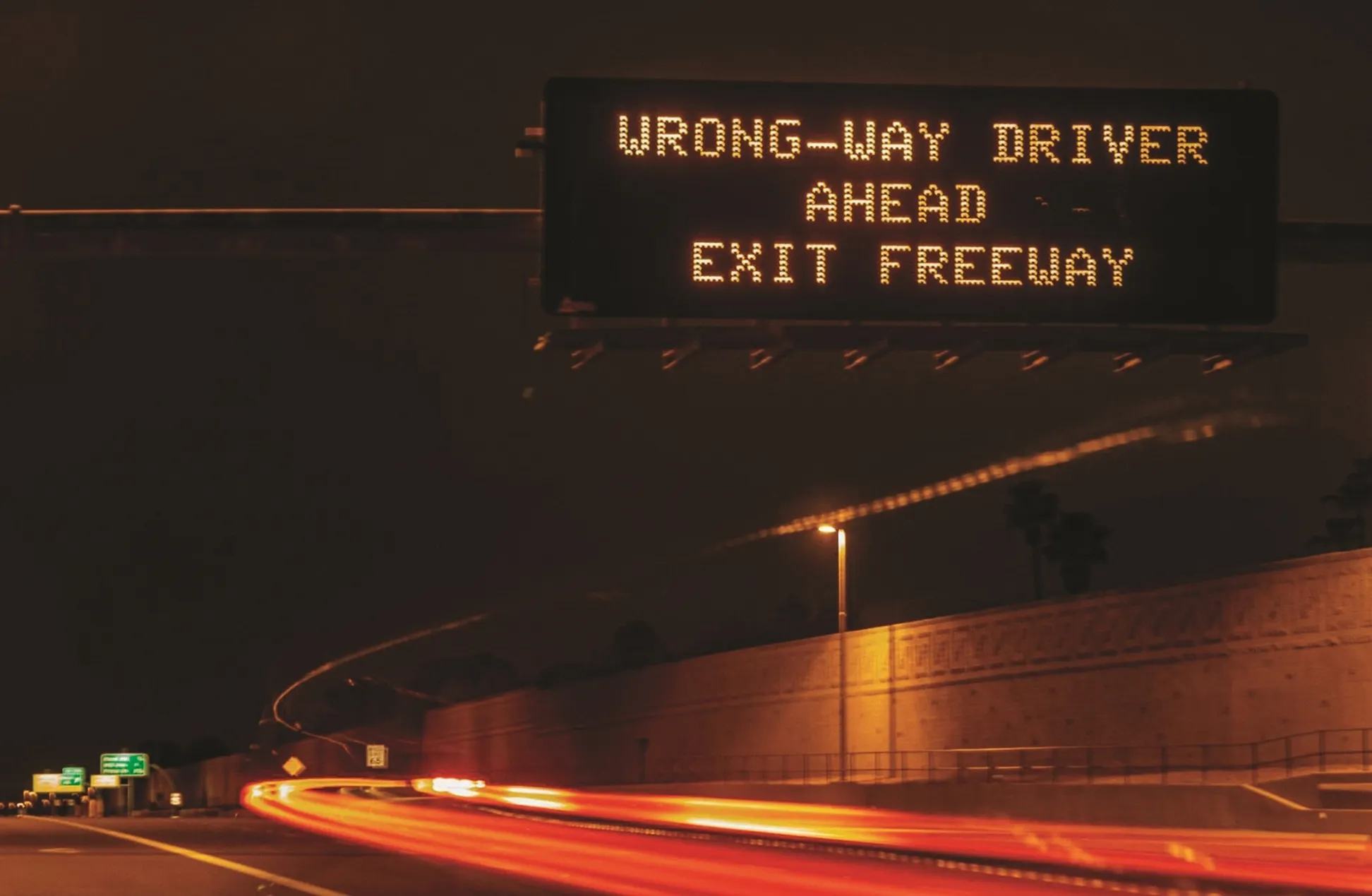The European Commission has adopted a measure to ensure that by 2015 vehicles can call emergency services in the event of a crash. The Commission wants the life-saving eCall system to be fitted to all new models of cars and light vehicles from 2015. eCall automatically dials Europe's single emergency number 112 in the event of a serious accident and communicates the vehicle's location to the emergency services. According to some estimates, eCall could speed emergency response times by 40per cent in urban ar
December 4, 2012
Read time: 3 mins
The 1690 European Commission has adopted a measure to ensure that by 2015 vehicles can call emergency services in the event of a crash. The Commission wants the life-saving eCall system to be fitted to all new models of cars and light vehicles from 2015.
eCall automatically dials Europe's single emergency number 112 in the event of a serious accident and communicates the vehicle's location to the emergency services. According to some estimates, eCall could speed emergency response times by 40per cent in urban areas and 50per cent in the countryside, and save up to 2,500 lives a year. The measure adopted on 26 November 2012 establish the conditions under which the emergency call response centres will be capable of properly receiving and handling of 112 eCalls.
Commission vice-president Siim Kallas, responsible for transport, said: "These measures are the first adopted under the Intelligent Transport Systems Directive. They address the upgrading of emergency call response centres, to receive and process 112 eCalls, including calls from vehicles registered in any EU country. Together with my colleagues responsible for Digital Agenda and Industry vice presidents Neelie Kroes and Antonio Tajani, I will pursue our joint efforts to ensure that by 2015 the introduction of the eCall service in the whole1816 European Union will be effective."
The Commission's aim is for a fully functional eCall service to be in place throughout the European Union, as well as in Croatia, Iceland, Norway and Switzerland by 2015. The common measures for emergency call response centres (also known as Public Safety Answering Points) will ensure the proper handling of 112 eCalls and the EU-wide interoperability and continuity of the service.
A legislative proposal will follow the deployment of these measures, together with a proposal for a regulation to require eCall devices to be fitted to all new models of passenger cars and light vehicles from 2015 in order to obtain EU-wide type approval.
eCall is activated automatically as soon as in-vehicle sensors detect a serious crash. Once activated, the system dials the European emergency number 112, establishes a telephone link to the appropriate emergency call centre and sends details of the accident to the rescue services, including the time of incident, the accurate position of the crashed vehicle and the direction of travel. An eCall can also be triggered manually by pushing a button in the car, for example by a witness to a serious accident.
eCall automatically dials Europe's single emergency number 112 in the event of a serious accident and communicates the vehicle's location to the emergency services. According to some estimates, eCall could speed emergency response times by 40per cent in urban areas and 50per cent in the countryside, and save up to 2,500 lives a year. The measure adopted on 26 November 2012 establish the conditions under which the emergency call response centres will be capable of properly receiving and handling of 112 eCalls.
Commission vice-president Siim Kallas, responsible for transport, said: "These measures are the first adopted under the Intelligent Transport Systems Directive. They address the upgrading of emergency call response centres, to receive and process 112 eCalls, including calls from vehicles registered in any EU country. Together with my colleagues responsible for Digital Agenda and Industry vice presidents Neelie Kroes and Antonio Tajani, I will pursue our joint efforts to ensure that by 2015 the introduction of the eCall service in the whole
The Commission's aim is for a fully functional eCall service to be in place throughout the European Union, as well as in Croatia, Iceland, Norway and Switzerland by 2015. The common measures for emergency call response centres (also known as Public Safety Answering Points) will ensure the proper handling of 112 eCalls and the EU-wide interoperability and continuity of the service.
A legislative proposal will follow the deployment of these measures, together with a proposal for a regulation to require eCall devices to be fitted to all new models of passenger cars and light vehicles from 2015 in order to obtain EU-wide type approval.
eCall is activated automatically as soon as in-vehicle sensors detect a serious crash. Once activated, the system dials the European emergency number 112, establishes a telephone link to the appropriate emergency call centre and sends details of the accident to the rescue services, including the time of incident, the accurate position of the crashed vehicle and the direction of travel. An eCall can also be triggered manually by pushing a button in the car, for example by a witness to a serious accident.







